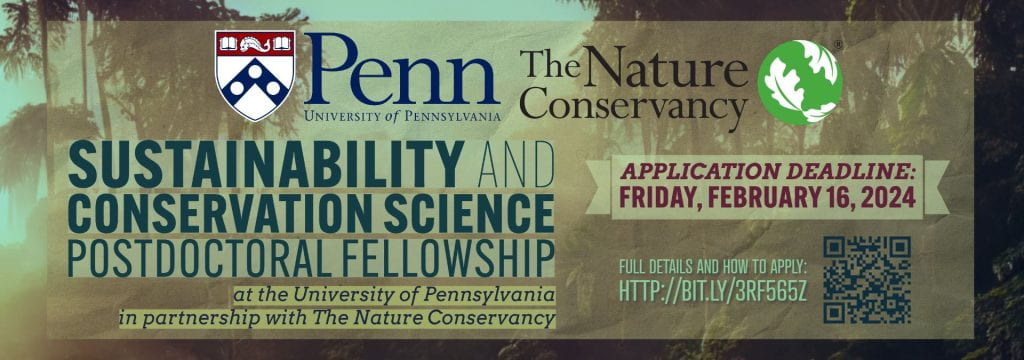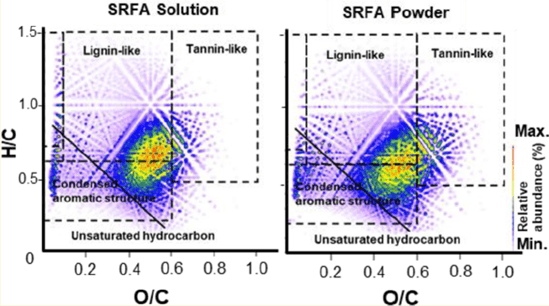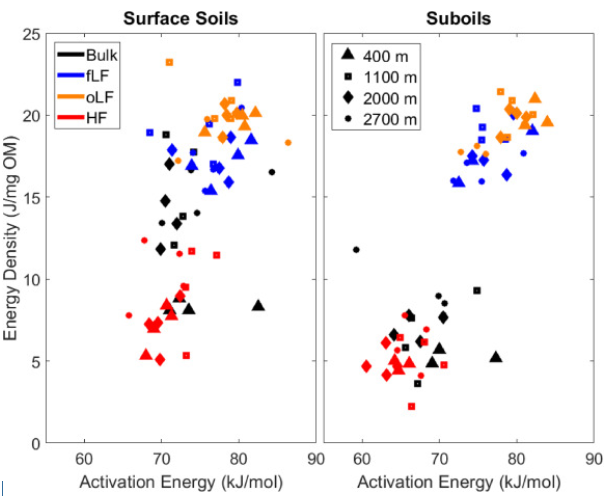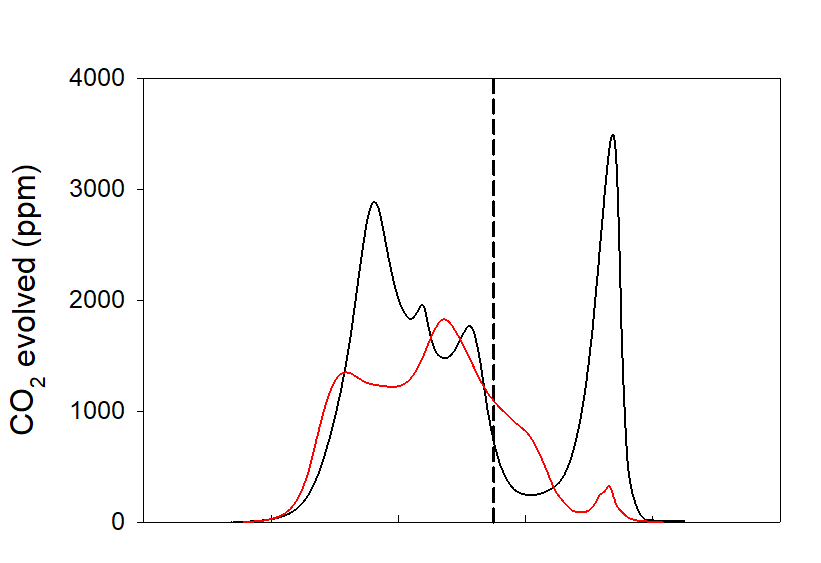
by Alain | Dec 18, 2023 | In other news

Sustainability and Conservation Science Postdoctoral Fellowship at the University of Pennsylvania in partnership with The Nature Conservancy
Application Deadline: Friday, February 16, 2024
For more information: http://bit.ly/3RF565Z
This postdoctoral fellowship program aims to bridge the excellence in academic research at the University of Pennsylvania (Penn) and in conservation practice at The Nature Conservancy (TNC) to confront climate change, while creating a new generation of sustainability and conservation leaders who combine the rigor of academic science with real-world application.
Penn and TNC join in recognizing climate change as the single greatest environmental threat to humanity. Climate change is an issue that tightly integrates the health of the planet with the economy, access to clean and reliable energy, water, and food production, and equity. To tackle these challenges, our world needs science that blends climatology, physics, economics, business, chemistry, engineering, technology and communications with conservation and ecology. As well, it must marry the best academic research with opportunities for rapid testing and deployment in the real world to address human well-being.
The specific program goals are to:
- Invest in the talent potential of a new generation of climate change leaders
- Recruit scientists who bring a diversity of culture, experience, and ideas to Penn and TNC
- Support innovative and impact-oriented research that helps deliver TNC outcomes
- Provide the fellows and Penn research community as a whole with access to real-world conservation professionals and issues.
Postdoctoral Fellows will be supported annually with a $65,000 stipend and benefits, a $10,000 research fund, and up-to $2,000 for professional travel. A one-time relocation reimbursement of up-to $2,000 is also available. Fellows will be eligible for support for up-to two consecutive years.
I am recruiting a postdoc to work with Stephen Wood at TNC and myself on agricultural carbon sequestration. If interested, send me an email.

by Alain | Jan 6, 2019 | Peer approved
Happy to announce the publication of:
Solihat NN, T Acter, D Kim, AF Plante and S Kim. (2019) Analyzing solid-phase natural organic matter using laser desorption ionization ultrahigh resolution mass spectrometry. Analytical Chemistry. 91:951-957. doi:10.1021/acs.analchem.8b04032. Collaborators at Kyungpook National University in Daegu, South Korea have been working on laser desorption methods for solid phase high resolution mass spectrometry analysis of natural organic matter. The study represents our first tests of the method using powdered IHSS humic and fulvic acids as well as soil. We demonstrate a proof-of-principle that highly sensitive, direct, molecular level analysis of solid-phase NOM from unprocessed soil samples and minimum sample preparation is possible.
by Alain | Oct 17, 2018 | In other news
The Terrestrial Biogeochemistry Laboratory in the Department of Earth and Environmental Science of the University of Pennsylvania invites applicants for competitive Ph.D. fellowships in soil carbon biogeochemistry. Projects seek to quantify and characterize the recalcitrant pools of pyrogenic and geogenic carbon in soils. We’ll examine chemical transformations and dissolution as mechanisms controlling their fate in the critical zone. Positions are ideal for candidates who have completed an MSc in soil science, geosciences, environmental chemistry, ecosystem science or related fields, but outstanding BSc graduates in such programs will be considered. For further information, please contact Dr. Alain Plante by email (aplante@sas.upenn.edu) or consult the department website (www.sas.upenn.edu/earth). Applications can be submitted directly online (https://www.applyweb.com/upenng/) before December 15.

by Alain | Jun 5, 2018 | Peer approved
Happy to announce the publication of:
Williams EK, ML Fogel, AA Berhe and AF Plante. (2018) Distinct bioenergetic signatures in particulate versus mineral-associated soil organic matter. Geoderma. 330:107-116. doi:10.1016/j.geoderma.2018.05.024. This paper was part of Elizabeth Williams’s research program while at the University of Calfornia, Merced, which we expanded on using thermal analysis of the density fractionation samples. We found that light-fraction particulate SOM and heavy-fraction mineral-associated SOM had distinct thermal analysis, and thus bioenergetic, and chemical signatures. These signatures provided further insight into their composition and mechanisms of stabilization in soils from a climosequence from the Sierra Nevada Mountains in California.

by Alain | Jan 4, 2018 | Peer approved
Happy to announce the publication of:
Apesteguia, M., Plante, A.F., and I. Virto (2018) Methods assessment for organic and inorganic carbon quantification in calcareous soils of the Mediterranean region. Geoderma Regionaldoi:10.1016/j.geodrs.2017.12.001. This paper was part of Marcos Apesteguia’s PhD dissertation at the Universidad Pública de Navarra in Pamplona, Spain. Marcos visited the last a few years back to run a thermal analyses to determine if we could use the technique to distinguish and quantify organic and inorganic carbon in carbonate-rich soils from Spain. We compared our thermal method to several conventional methods and found it performed very well.





Recent Comments